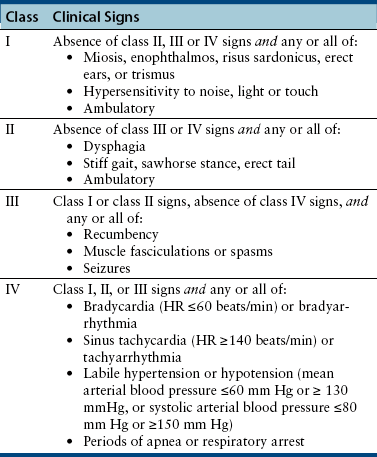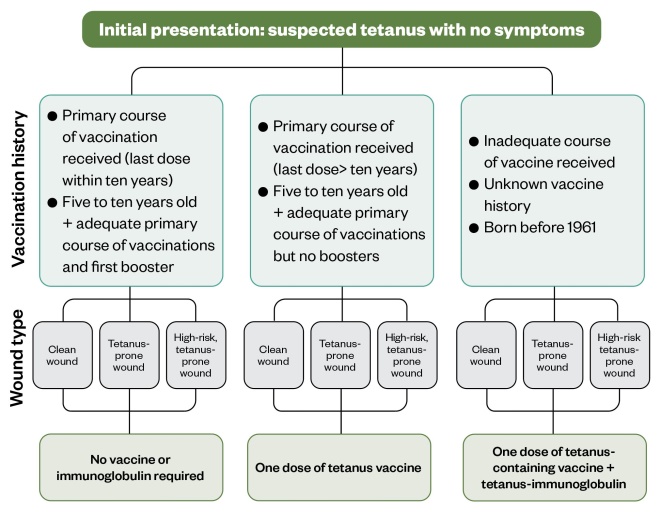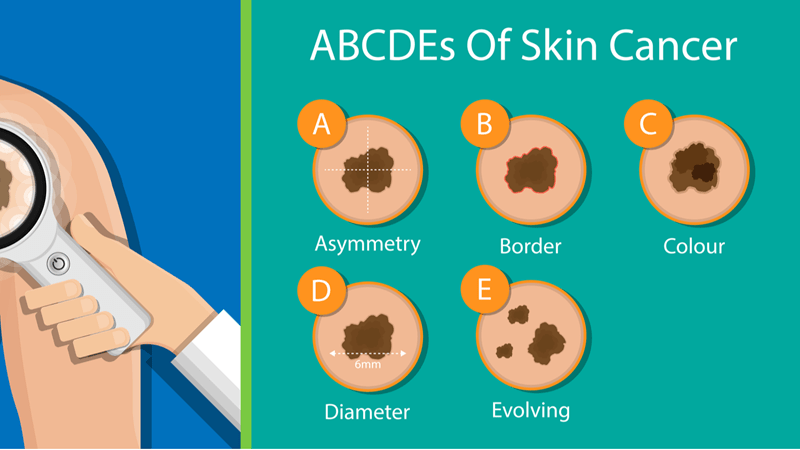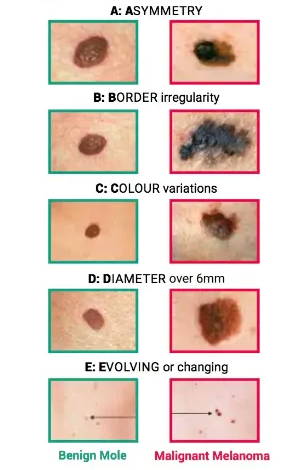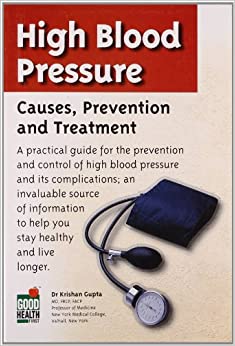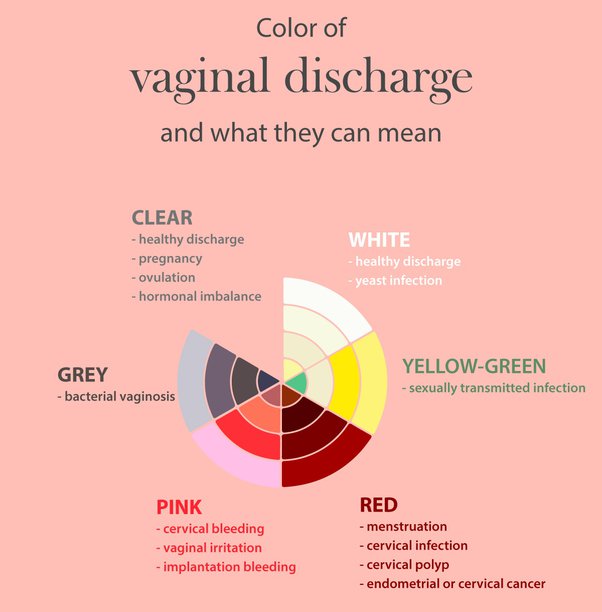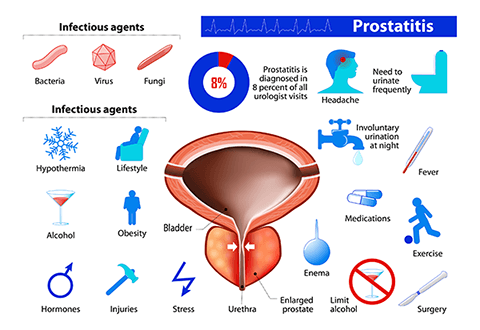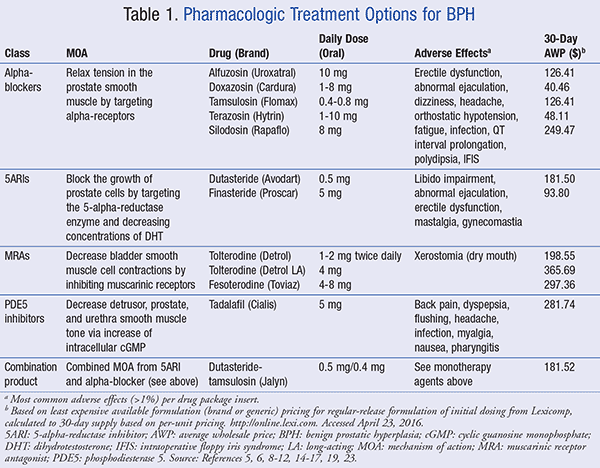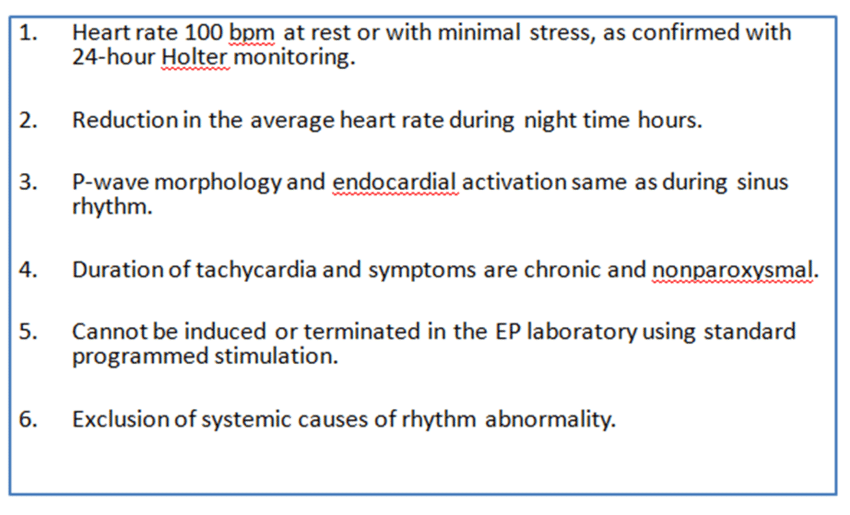Corn How to Cure – Home Remedies and Treatments
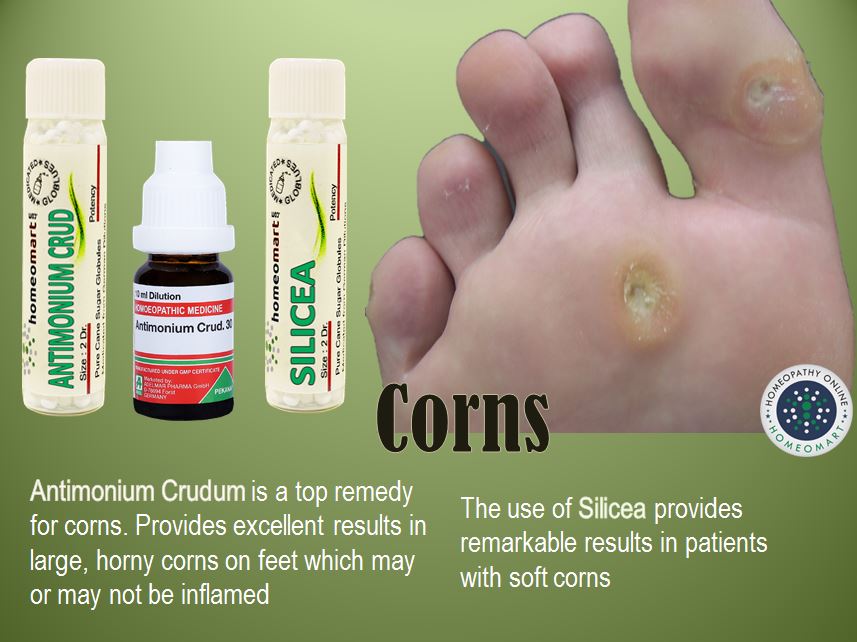
The first step in corn how to cure is to prevent it. You can use a variety of home remedies. You can use Lemon juice and tea tree oil mixed with water, and apply it to the affected area. You can also apply raw papaya juice three times a day. You can also apply a paste made of Marigold Oil and Aloe Vera pulp. You can also grind the leaves of Liquorice (mulethi) and apply the paste on the corns. You should apply this mixture three to four times daily, for a month.
Another home remedy is soaking the affected area in warm water. While this may seem painful, the pressure will make the corn slough off and disappear. A pumice stone is a tool that is designed to help slough off dry skin. It is important to use gentle circular motions to apply the stone, while sideways motions can also be effective. Be careful not to over-file the area, as this can cause bleeding and infection.
It is important to note that rubbing and pressure on the affected area can cause the corn to grow. This is a good solution for mild cases of corns, but if the problem is too severe, see a doctor. It is a common problem for older people. To learn more about how to treat corns, watch this video. Once you learn how to remove the tough skin, you can take steps to prevent the formation of more corns.
The most common home treatment for corns is soaking the affected area in warm water. A soak can soften the hard skin around the corn and allow it to fall off by itself. If the corn is a bit tough, you can try using a pumice stone. It is a porous volcanic rock that helps slough off dead skin. It should be used in gentle circular motions and sideways movements. Do not over-file the area, though, as this can lead to bleeding and infection.
The main treatment for corns is by pressing or rubbing. These methods can be quite painful, but they are effective in reducing the size of calluses. The most common home remedy for corns is a mixture of phosphate soda and water. This mixture is effective in reducing the size of calluses. You can also apply a pumice stone to the affected area and soak it in warm water.

Some people believe that cobbler’s wax can help cure calluses. When applied to white skin, the wax can reduce friction and remove rough skin. Soaking in warm water can also reduce inflammation caused by calluses. However, this treatment is not always successful. You can also apply a pumice stone to the affected area to soften it. These methods will help reduce the size of the callus, but you should not use these methods too often.
There are other ways to cure calluses. You can try applying pressure and rubbing. You can also soak the affected area in warm water. Treatment for calluses will depend on the cause of the infection. Different methods will be effective for different types of corns. The most effective is the application of the solution to the affected area. Once the callus is removed, the area can be treated at home, the health website says Benakat Indonesia. If the condition is severe, you can visit a dermatologist. If symptoms persist, a general practitioner may prescribe an antibiotic.
Soaking in warm water can also help with corns. It will soften the affected area and reduce pain. The affected areas may ooze pus. You can also soak the affected area in salt water. Taking a bath will help remove rough skin from the affected area. This will also help reduce the size of the lesion. The doctor may cut the corn with a scalpel if it is very painful.
You can also use a mixture of cobbler’s wax and salt to reduce the size of the lesion. You can also soak your feet in warm water for five minutes a day. This will reduce the size of the lesion and relieve pain. You can also use lubricant on the affected area. You can even put a pinch of baking soda on the affected area for added comfort. The combination of both will help you cure the corn.

